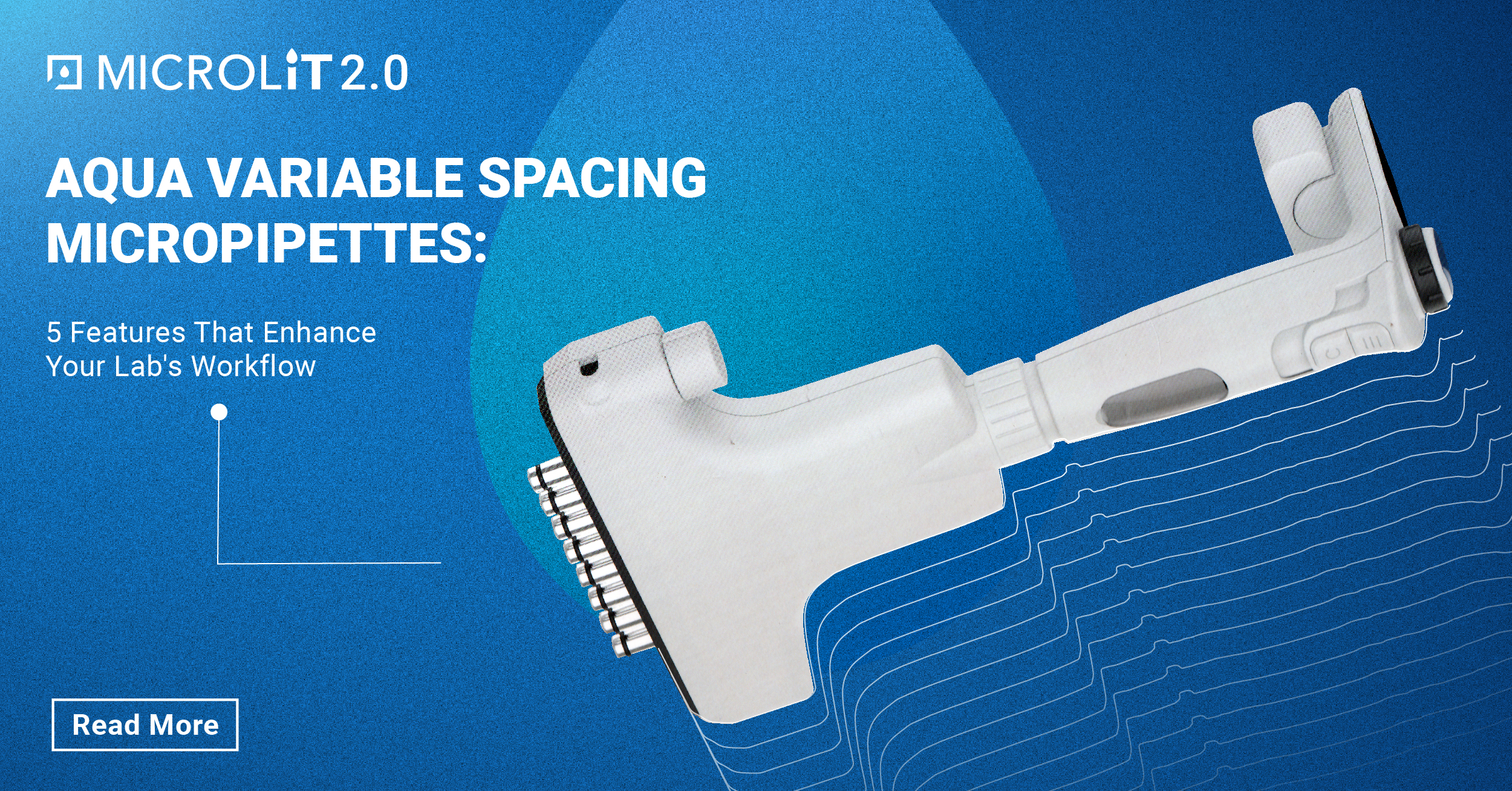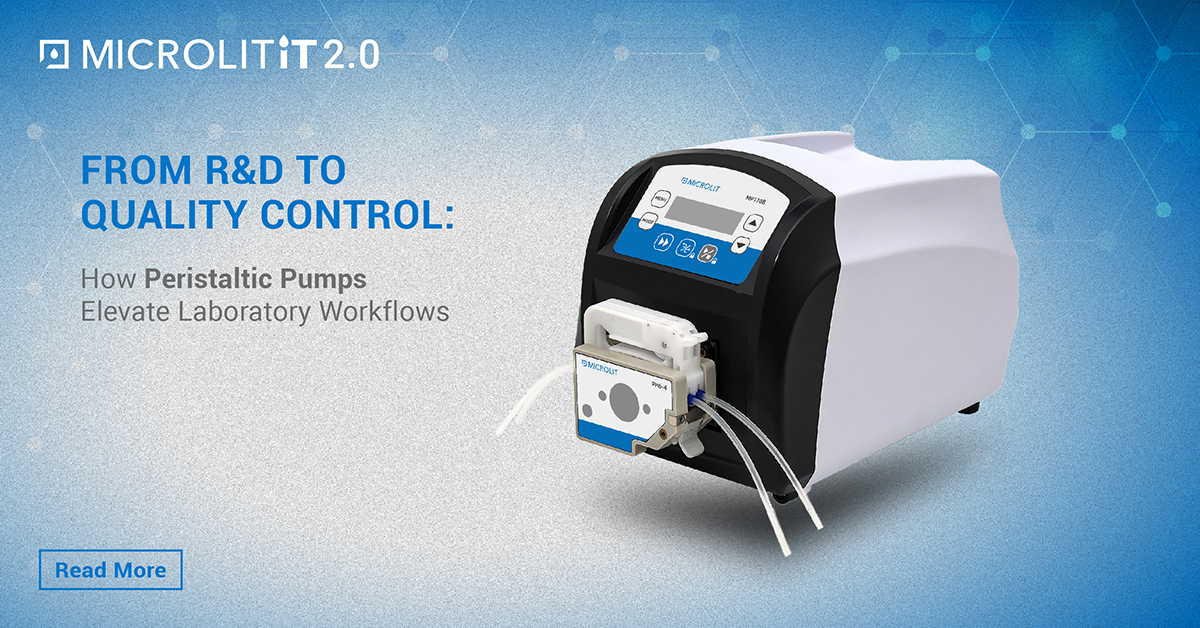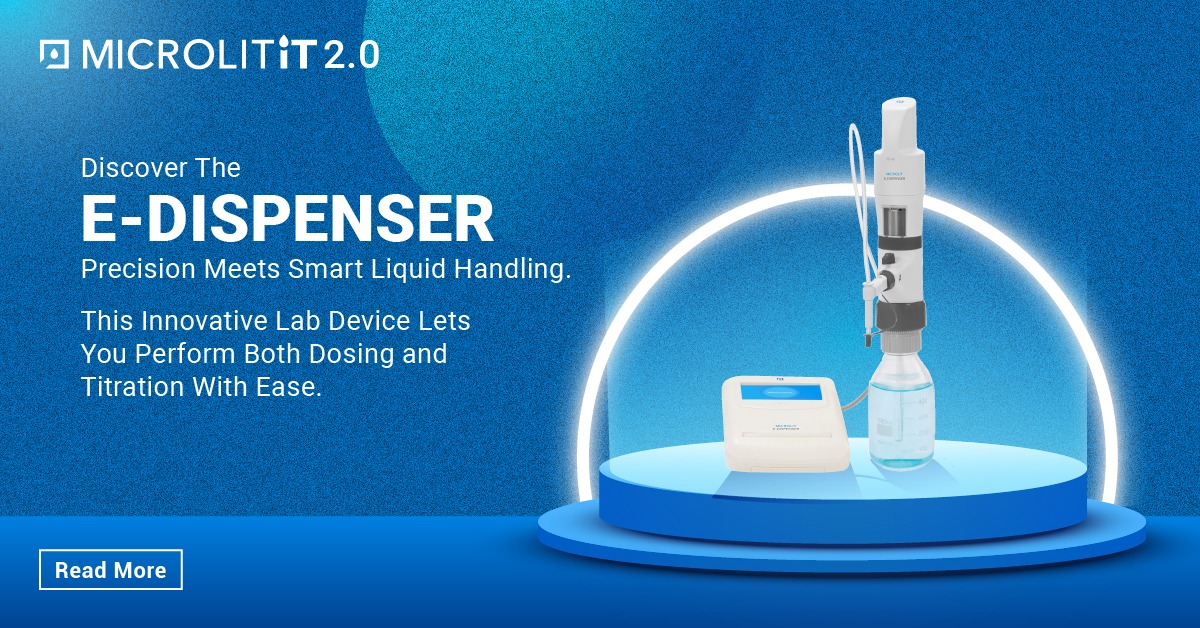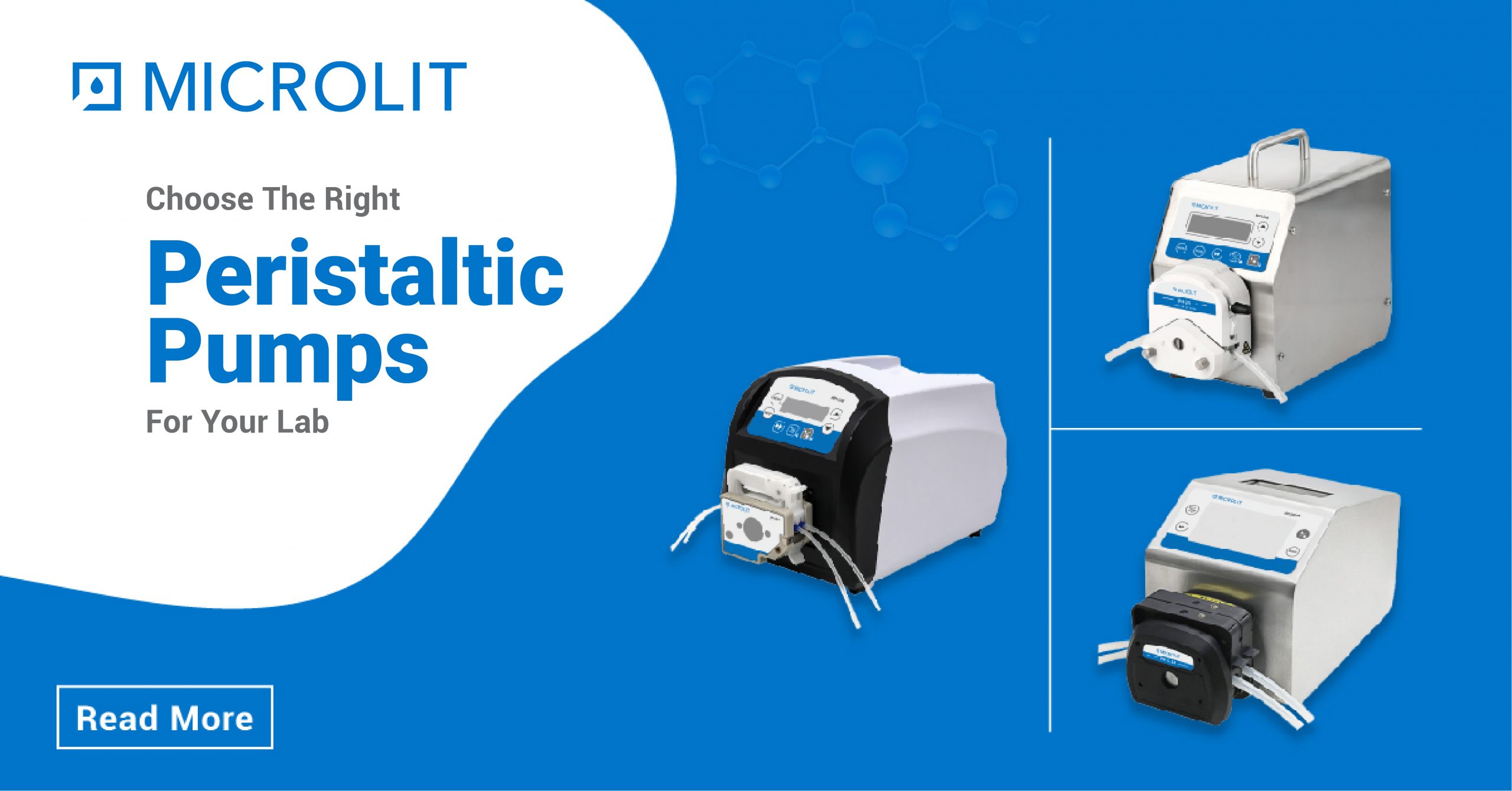Trends that will Shape the Future of Pharmaceutical Drug Testing
- November 22, 2019
- ENQUIRE NOW
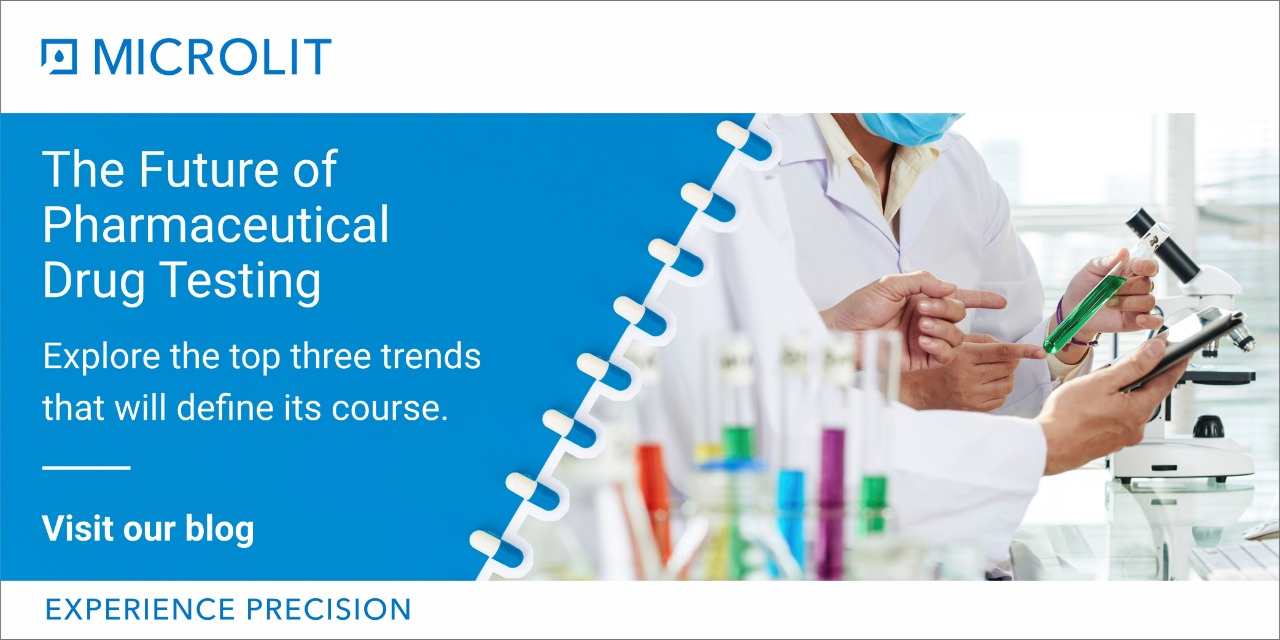
Drug testing is a crucial step in the development of any drug. It is usually done in five phases, consuming a lot of time as well as resources, with a significant probability of not achieving a breakthrough in the end. The trends that are up and coming in the field focus on making the drug testing process more efficient and also, patient-centric.
With the proliferation of advanced trends like in silico clinical trials, nanotechnology, implementing artificial intelligence (AI), machine learning, blockchain and more in drug testing, the medicine & healthcare industry is growing at a rapid pace by the second. In this blog, we will be discussing the top three trends that will change the course and forge the future of pharmaceutical drug testing.
1. In Silico Clinical Trials
Clinical trials have received negative publicity owing to testing on animals as well as humans; they have been deemed inhumane and monstrous. However, technological advancements in the field of medicine, healthcare and pharma have been successful in ushering positive developments in this segment.
The new-age in silico clinical trials do not require even one cell from a living being and yet, they can perfectly record the impact of the drug being tested. This has been made possible because of computer simulation. The necessary precursors to in silico trials are accurate computer models of treatment & deployment and also the patient characteristics. These ‘virtual’ patients are then given ‘virtual’ treatment through computer simulation and the effect of the treatment is then monitored so as to develop a drug that doesn’t cause any side-effects.
2. Nanotechnology
We are living in a world which is already dominated by nanotechnology and today, nanomedicine is a new entrant in the field of medicine & healthcare.
Nanoparticles and nanodevices are being developed for high precision delivery of drugs, cancer treatment tools and so on. For instance, experiments are being carried out with nano-robots which flow in the bloodstream while carrying the drug with themselves and deliver it in a highly targeted manner. Another example is that of ‘digestibles’, the nanodevices which are actually tiny pills fitted with sensors that track the post-consumption digestion and absorption of a drug.
3. Implementing Artificial Intelligence (AI) in Drug Testing
Artificial Intelligence (AI) has helped develop software that maintains a comprehensive patient database and helps in predicting patient responses to the drugs they consume. This prediction is done on the basis of the body’s response to the compounds in the drugs, the person’s metabolism, and the distribution of those compounds all over the body. These predictive and analytical powers of AI is what enables the pharma companies to make efficient decisions regarding the drugs in focus.
An instance for the same is a software known as Reverse Engineering & Forward Simulation (REFS). Reverse Engineering & Forward Simulation primarily undertakes a trial & error approach towards the drug developed and matching them against the database of individual patients. This learning model is capable of predicting how a patient will respond to a drug based on his or her bodily factors. These AI-run programs help in speeding up the process of testing drugs and also in the complete elimination of clinical trials involving human and animal testing.
For years, pharmaceutical industries have faced flak for conducting experiments on animals and humans and rightly so. The likes of technological advancements as discussed above – AI, nanotechnology and in silico – have helped completely abolish the practice of drug testing on living organisms. We are happy to note that the pharmaceutical industry is evolving in ways never heard of or seen before – and drug testing is not the only arena being covered!
If you’d like to know more about the current and upcoming trends in the pharmaceutical industry, get in touch with our experts.

